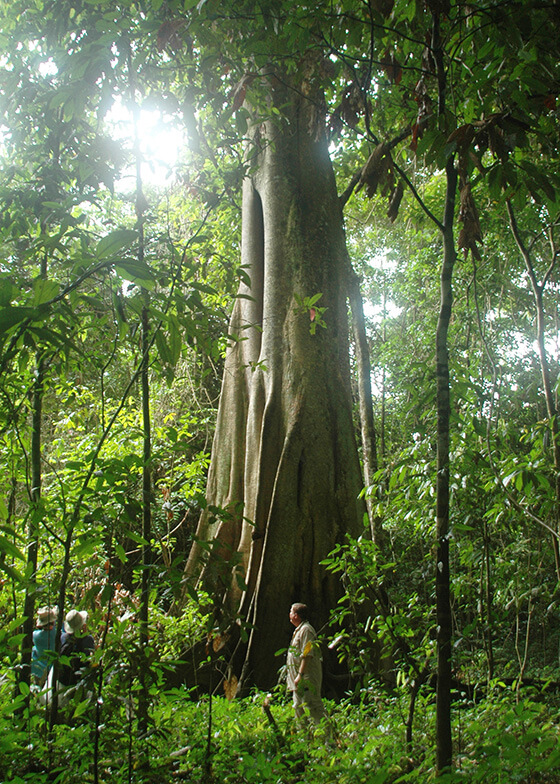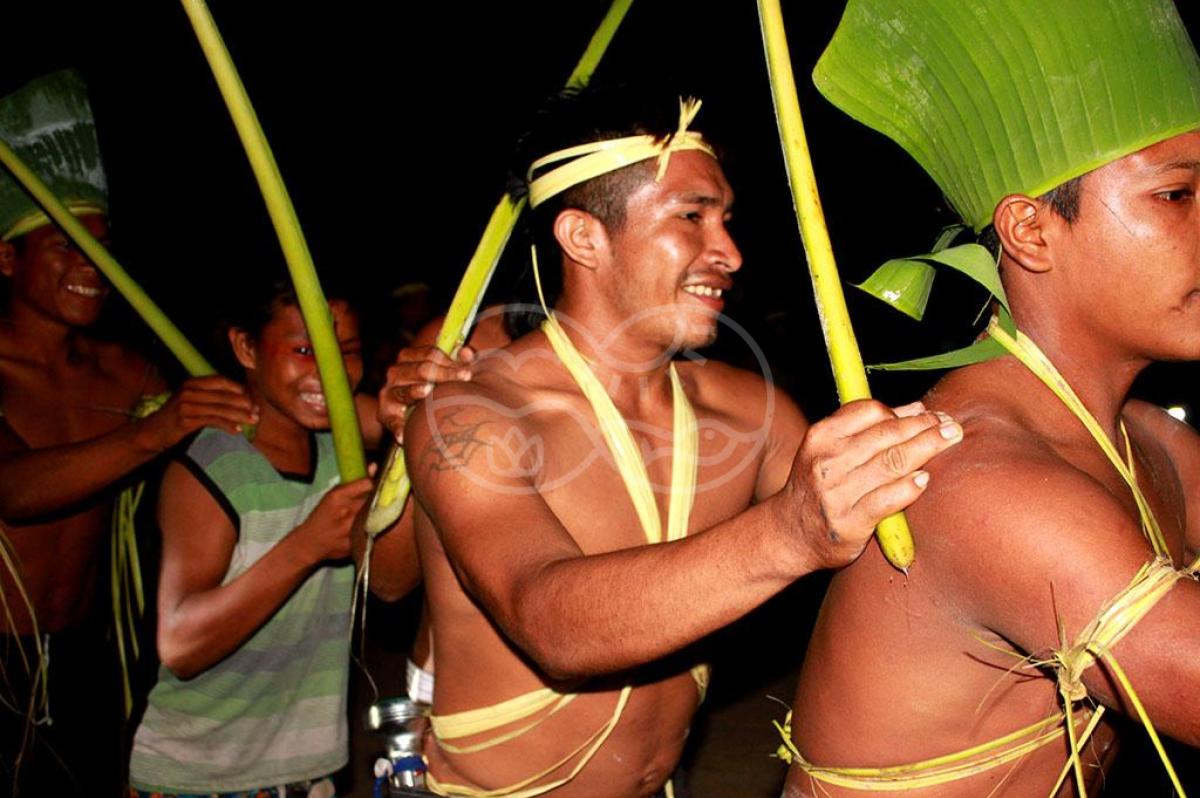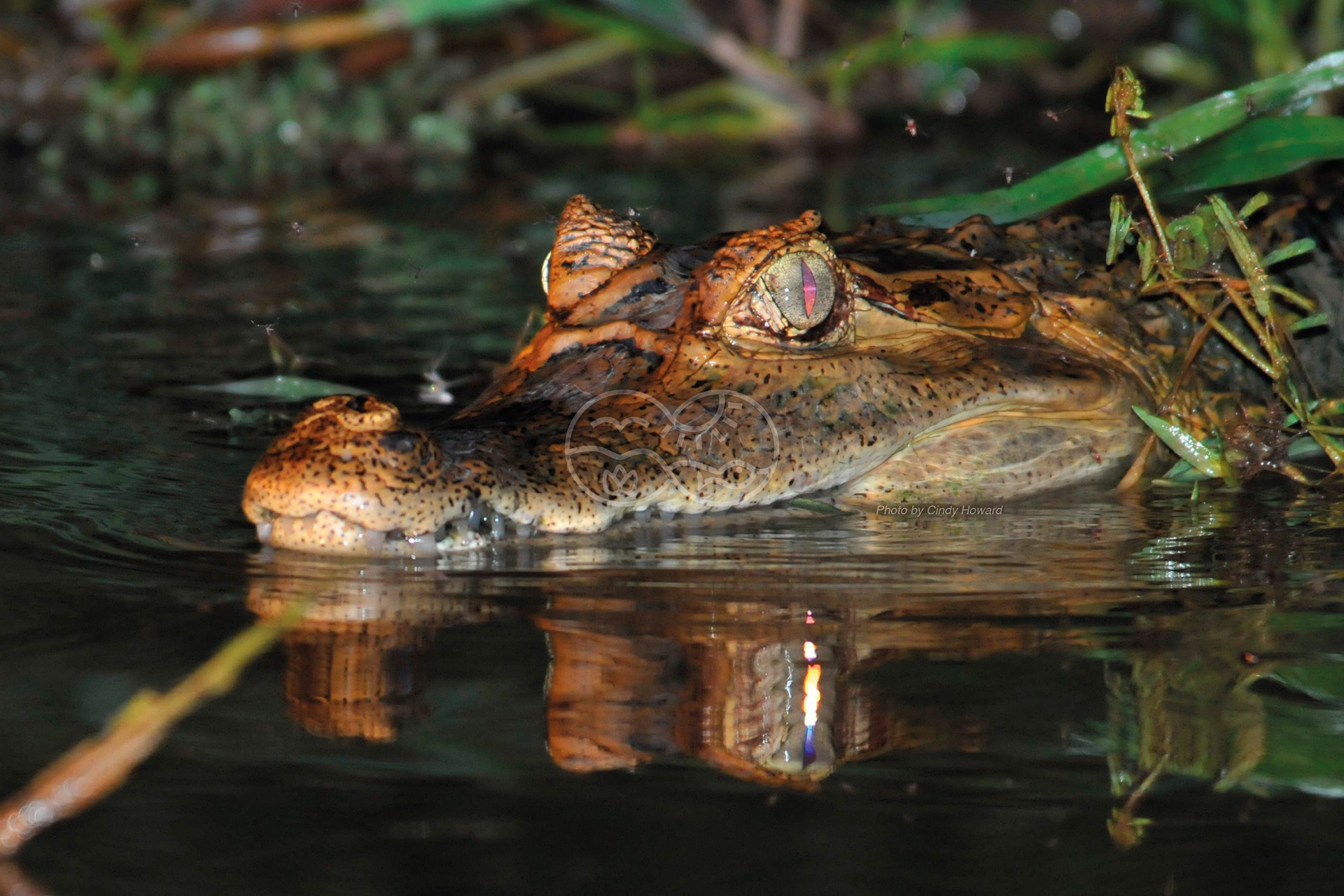Welcome to the Amazon Rainforest, one of the most biodiverse regions on our planet, with countless unique species and ecosystems that cannot be found anywhere else in the world. This awe-inspiring natural wonder is a must-see destination for nature lovers, scientists, and anyone who is curious about the world around them.
As you explore the Amazon Rainforest, you’ll discover fascinating adaptations of the plants and animals that thrive in this environment, and learn about the cultural traditions of the indigenous peoples who have lived in harmony with the forest for centuries. Let’s dive into some of the most unique things about this incredible ecosystem.
One of the most impressive sights you’ll encounter in the Amazon Rainforest is the Sumauma tree, also known as the Kapok tree. This majestic species can reach up to 200 feet tall, with a trunk as wide as a small car, making it one of the tallest trees in the Amazon. But the Sumauma tree is not just a pretty sight – it’s also incredibly useful to the indigenous communities that live in the region.
Its lightweight and buoyant wood is perfect for building canoes and rafts, and its bark and leaves have medicinal properties that have been used for centuries to treat various ailments. It’s also a vital habitat for a variety of wildlife species, providing nesting sites for birds and bats, and a home for many species of primates. The Sumauma tree is not only ecologically important, but it’s also culturally significant to many indigenous communities in the Amazon region, as it’s considered a sacred tree and is often used in traditional ceremonies.


As you continue your journey, you’ll have the opportunity to meet the Tatuyos, an indigenous group with a rich history and culture that has managed to preserve their way of life for centuries, despite the many challenges they have faced. The Tatuyos rely on the forest for their food, medicine, and building materials, and have developed a deep understanding of the local ecosystem.
They also have a unique form of agriculture known as swidden farming, in which they clear small plots of land in the forest and then burn them to create fertile soil. Despite the challenges, the Tatuyos have continued to fight for their rights and their culture, working with conservation organizations to protect their lands and promote sustainable development in the region.
The Amazon Rainforest faces many threats today, from deforestation and mining to climate change and habitat destruction. By understanding the challenges facing this precious ecosystem, we can all help support conservation efforts and protect the unique biodiversity of the Amazon for generations to come.

One great example of the unique and endangered ecosystems in the Amazon Rainforest is the Floating Forest near the Village of Igarapé Preto. This is an ecosystem where nature has fought to thrive by creating a kind of substrate of plants, mud, and water all mixed together, making it the ideal place for a whole new ecosystem to thrive. It’s a fascinating and beautiful experience to explore the forest and its waterways, as you witness nature’s ability to adapt and thrive in the face of adversity.
In conclusion, a trip to the Amazon Rainforest is an adventure like no other, offering a unique opportunity to experience one of the world’s most amazing natural wonders. From the towering canopy of trees to the diverse array of wildlife, you’ll encounter a world that is both beautiful and awe-inspiring. By learning about the ecological and cultural importance of the Amazon Rainforest and the challenges it faces, we can all play a role in protecting and preserving this incredible ecosystem for future generations. So pack your bags, grab your camera, and get ready for an unforgettable journey into the heart of the Amazon Rainforest!







